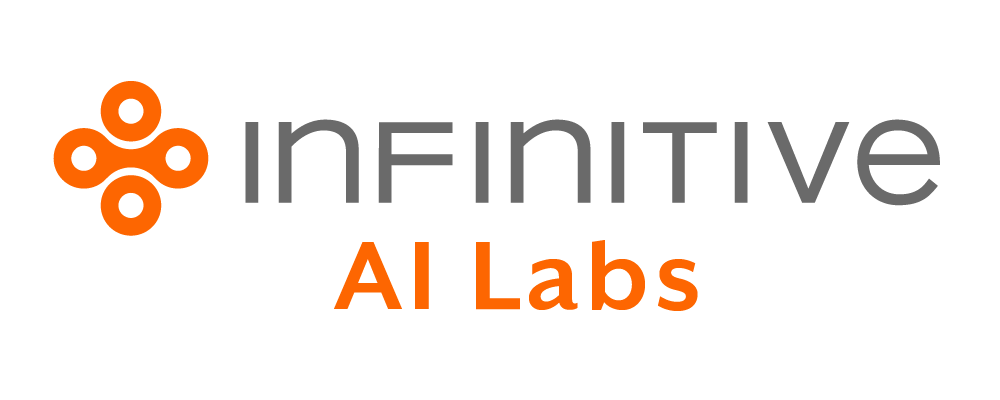Introduction. In the evolving landscape of enterprise operations, the integration of generative AI into Human Resources (HR) departments marks a significant leap forward. This innovative technology is not just a futuristic concept but a practical tool that is reshaping how HR functions in enterprises. This article explores the many ways in which generative AI can enhance HR operations, making them more efficient, insightful, and employee friendly.
Understanding Generative AI in HR. Generative AI refers to artificial intelligence that can generate new content, ideas, or data based on its training and inputs. In HR, this translates to AI systems that can create personalized employee experiences, automate routine tasks, and provide data-driven insights for better decision-making.
- Recruitment and Talent Acquisition. One of the most time-consuming tasks in HR is the recruitment process. Generative AI can revolutionize this by automating the screening of resumes, identifying the best candidates based on predefined criteria, and even conducting initial screening interviews. AI-driven chatbots can engage with candidates, answer their queries, and schedule interviews, making the process more efficient and candidate-friendly.
- Personalized Employee Experiences. Generative AI can tailor employee experiences by analyzing individual preferences and performance data. It can recommend personalized training programs, career development paths, and even suggest job roles that align with an employee’s skills and aspirations. This level of personalization not only boosts employee satisfaction but also aids in retaining top talent.
- Enhancing Employee Engagement. AI tools can analyze employee feedback and engagement levels, providing HR teams with insights to improve workplace culture. They can identify patterns in employee behavior, predict potential issues like burnout, and suggest interventions. This proactive approach to employee well-being is crucial in maintaining a healthy and productive workforce.
- Streamlining HR Operations. Generative AI can automate various HR tasks such as payroll processing, benefits administration, and compliance management. This automation reduces the scope for human error, frees up HR professionals to focus on more strategic tasks, and ensures a smoother operation of HR functions.
- Data-Driven Decision Making. With generative AI, HR departments can access and analyze vast amounts of data, leading to more informed decision-making. From workforce planning to predicting turnover rates, AI’s predictive analytics can guide HR strategies and policies, ensuring they are aligned with the enterprise’s goals and employee needs.
- Training and Development. AI-driven platforms can create customized training modules for employees, adapting to their learning pace and style. This not only makes training more effective but also ensures that employees are up to date with the latest skills and knowledge required in their roles.
- Diversity and Inclusion. Generative AI can help in building a more diverse and inclusive workplace. By analyzing recruitment and internal mobility data, AI can identify biases and suggest corrective measures. This ensures a fair and unbiased approach to hiring and promotions, fostering a culture of inclusivity.
Challenges and Considerations. While the benefits of integrating generative AI into HR are numerous, there are challenges and ethical considerations. Ensuring data privacy, addressing biases in AI algorithms, and maintaining the human element in HR are crucial. Enterprises must navigate these challenges thoughtfully to fully leverage the potential of AI in HR.
Conclusion. Generative AI is not just transforming HR; it’s redefining it. By automating routine tasks, providing personalized employee experiences, and offering data-driven insights, AI is enabling HR departments to become more strategic and employee-centric. As enterprises continue to adopt this technology, the future of HR looks more efficient, insightful, and inclusive. The integration of generative AI into HR is not just a trend but a necessary evolution in the digital age.
